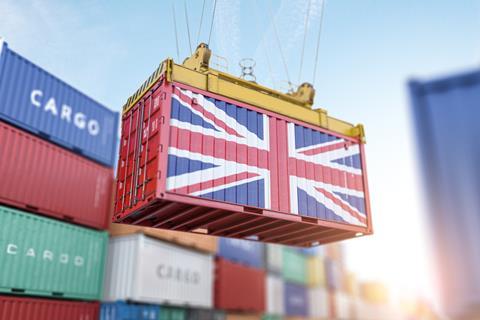
Keir Starmer has received pretty warm reviews for his performances on the international stage. He has dealt with the combustible US president with great skill. So far, the two have a productive relationship. Starmer has also been effective in his dealings with EU leaders and impressive on Ukraine.
So his government’s success in finally completing two trade deals – one from the years-long negotiation with the US, and one with India after more than a quarter of a century of discussion – are both significant achievements that deserve respect. They also require a proper assessment of what they will deliver for the UK and what they foretell for the food and drink industry.
India deal is transformational
Unquestionably, the India FTA is the more remarkable success. After more than 25 years intermittently, perhaps interminably, facing each other across the table, we have done a deal that actually merits the moniker ‘transformational’.
Tariffs are slashed on nine out of 10 Indian products over the next 15 years. That has the potential to add an extra £25bn to the existing £40bn of trade value. Across whole sectors – for example, soft drinks and lamb – the reduction is to 0%, bringing vast numbers of additional Indian shoppers within reach.
For scotch and other spirits, tariffs are halved to 75% immediately and reduced to 40% over the next decade. That creates the biggest commercial opportunities for scotch whisky in modern times. No wonder Diageo – the largest player both globally and, crucially, in India since its acquisition of United Spirits a decade ago – called the FTA “game-changing”.
A ‘historic’ US deal?
Less justifiably, both the president and prime minister hailed the US-UK deal as “historic”. Indeed, the Oval Office signing ceremony was chiefly memorable for the prime minister’s dodgy phoneline, and the way UK ambassador Peter Mandelson and Donald Trump appeared to be auditioning for roles as the Chuckle Brothers.
In fact, it’s a bullet dodged. The agreement brings crucial relief to the UK automobile and aerospace industries. It secures many jobs previously under imminent threat from the impact of US tariffs. That’s important for our industry: those hundreds of thousands of households will continue to buy food and drink with confidence
Despite intense US pressure – particularly from Trump’s deeply scary trade advisor Peter Navarro – there will be no retreat on UK food standards. Your columnist was wrong to doubt ministers’ resolve. But there are some losers.
Bioethanol accounts for a tiny part of UK land production. As ABF’s Paul Kenward compellingly pointed out, farmers who are involved will be hit very hard by opening the UK market to US competition.
The impact of US farmers being allowed to sell 13,000 tonnes of beef and the reciprocal opportunity for the UK is harder to judge. It is, though, difficult not to agree with always eloquent NFU president Tom Bradshaw’s view that his members are “shouldering the burden” for other sectors.
The future for food & drink
Both deals were notable for three other characteristics.
Firstly, they both allow important space for the critical deal yet to come: a refreshed agreement with the EU. If delivered, that will have a seminal impact on the UK economy.
Secondly, both FTAs are early examples of the new world order in international trade. Gone are the aspirations for global free trade under the umbrella of the World Trade Organization. In their place will come limited (and possibly more frequent) bilateral trade deals focused on specific sectors.
Thirdly, gone too is the idea that national interest will drive government’s negotiation of future FTAs. Ministers will judge what’s in and what’s out against business opportunity or political jeopardy created. That will demand our industry is relentless in making its case either for inclusion where opportunity exists or exclusion where the need for protection is paramount.
The key consequence for food and drink from farm to fork, from grain to grass, is that we cannot ever afford to be less than fully understood and valued in Westminster. We must be constantly noisy, visible and credible. Otherwise, our future lies under the bus.
Ian Wright, partner at Acuti Associates







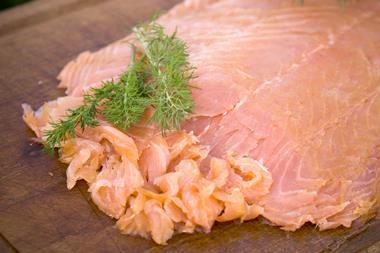
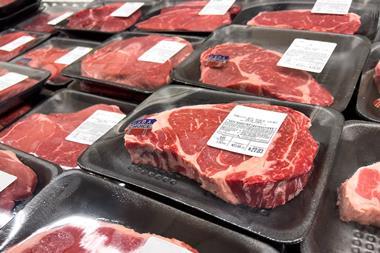
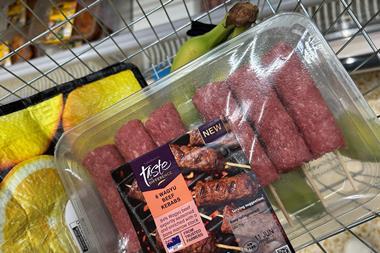
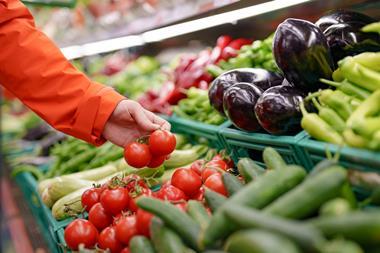
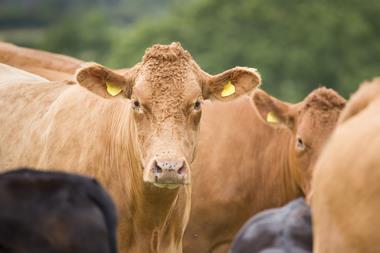
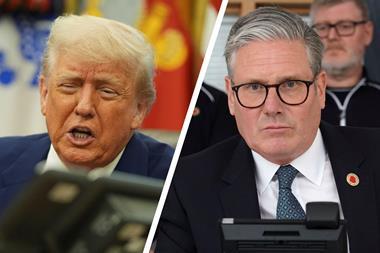






No comments yet